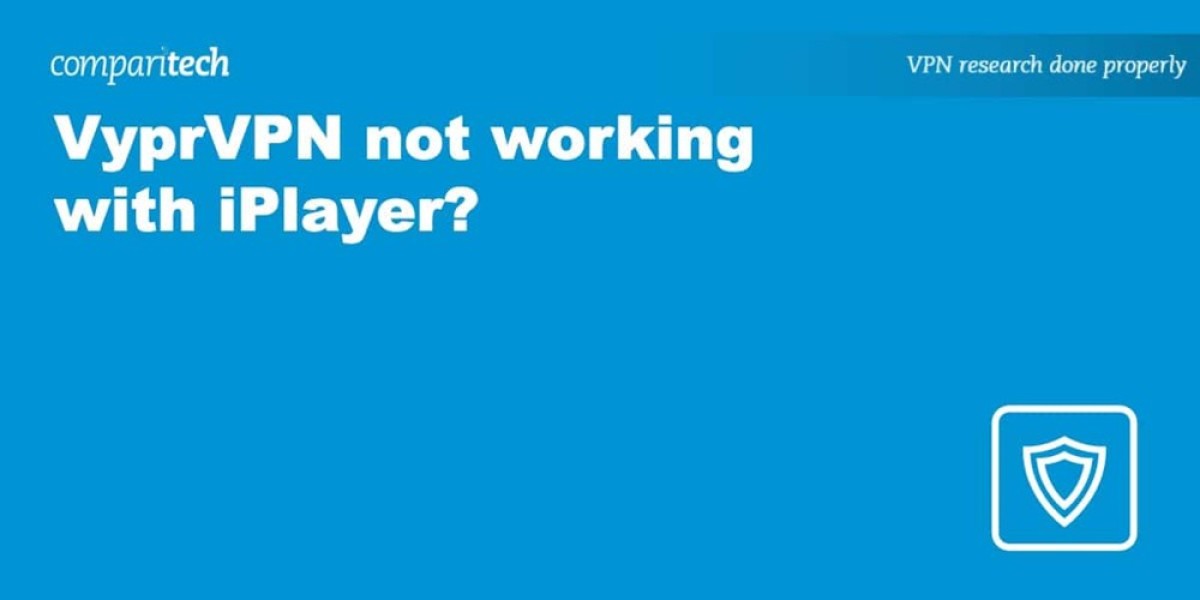When launching a startup, hiring the right developers is crucial to its success. As your technology backbone, your development team will be responsible for building, maintaining, and scaling your product. Choosing developers with the right skills can make the difference between failure and success, so it’s vital to understand what specific skills to look for when hiring developers for your startup.
In this article, we’ll explore the most important technical and non-technical skills to seek when hiring developers, as well as provide practical tips on how to hire developers for a startup. Whether you’re looking for your first technical hire or expanding your existing team, this guide will help you navigate the hiring process with confidence.
1. Strong Problem-Solving Abilities
One of the most essential skills for any developer is the ability to solve complex problems. Startups often operate in unpredictable environments, and your development team will need to tackle a wide range of challenges that come their way. Whether it's debugging a complicated issue, optimizing a performance bottleneck, or designing a new feature, problem-solving abilities will be crucial.
When interviewing potential candidates, ask them to solve coding challenges, explain their thought process in real-time, and provide examples of how they approached past problems. Developers who are comfortable with problem-solving will not only deliver better results but will also be able to work autonomously and adapt to unforeseen circumstances.
2. Proficiency in Relevant Programming Languages and Frameworks
The technical stack you choose for your startup will heavily influence the type of developer skills you need. Startups often prefer flexibility, and being proficient in the right programming languages and frameworks can help developers meet your evolving needs.
For example:
- Frontend development requires knowledge of HTML, CSS, and JavaScript. Familiarity with frameworks like React, Angular, or Vue.js is a bonus.
- Backend development requires knowledge of languages like Python, Ruby, Node.js, Java, or PHP. Depending on your product’s complexity, experience with frameworks like Django, Ruby on Rails, or Express.js might be necessary.
- Mobile development requires expertise in languages such as Swift (for iOS) and Kotlin or Java (for Android). If you're looking to build cross-platform mobile apps, experience with frameworks like React Native or Flutter is highly desirable.
Be clear about your tech stack and make sure to find developers who are experienced with your specific requirements. However, also look for individuals who are open to learning new languages or tools as your startup evolves.
3. Experience with Version Control and Collaboration Tools
In a startup, collaboration is key, and developers need to be able to work together efficiently. Proficiency in version control systems like Git is essential for any developer. Git allows multiple developers to work on the same project without stepping on each other’s toes, ensures that code changes are tracked, and helps avoid conflicts.
In addition to Git, familiarity with collaboration tools such as GitHub, GitLab, or Bitbucket, as well as project management platforms like Jira or Trello, is a big plus. These tools help teams stay organized, maintain code quality, and track progress on development tasks.
4. Understanding of Cloud Technologies
For most modern startups, cloud computing is a fundamental part of their infrastructure. Whether you’re hosting a web application, running machine learning models, or storing customer data, cloud services provide the scalability and flexibility that startups need to grow without significant upfront investments.
Developers should have experience working with popular cloud platforms such as:
- Amazon Web Services (AWS)
- Microsoft Azure
- Google Cloud Platform (GCP)
Cloud technologies not only help scale operations but also provide cost-effective solutions for development, testing, and deployment. Look for developers with experience in setting up cloud infrastructure, managing databases in the cloud, and deploying applications using tools like Docker, Kubernetes, and CI/CD pipelines.
5. Ability to Write Clean and Maintainable Code
When hiring developers for your startup, always look for individuals who write clean, maintainable, and readable code. As your startup grows, you’ll have multiple developers working on the same codebase, and it’s essential that they can understand each other’s work.
Good code should:
- Be well-commented and easy to understand
- Follow consistent naming conventions
- Be modular and reusable
- Avoid technical debt by implementing proper error handling and optimization techniques
Developers who focus on code quality and maintainability will ensure that your startup can scale smoothly and that future developers can easily jump into the project without significant ramp-up time.
6. Agile Development Practices
Startups need to move quickly and iteratively, which is why Agile development practices are a must-have. Agile methodologies, such as Scrum or Kanban, enable teams to work in short sprints, focus on continuous improvement, and adapt to changing requirements.
When interviewing developers, ask about their experience with Agile workflows, sprint planning, daily stand-ups, and other Agile practices. A developer who has experience working in an Agile environment will be able to adjust quickly to your startup’s fast-paced work culture, manage shifting priorities, and ensure that your product evolves efficiently.
7. Experience with Testing and Quality Assurance
Quality assurance (QA) is an integral part of the software development process. When hiring developers for your startup, look for candidates who understand the importance of writing testable code and have experience with unit testing, integration testing, and end-to-end testing.
Developers should be familiar with testing frameworks like:
- JUnit (for Java)
- Mocha (for JavaScript)
- pytest (for Python)
- Selenium (for automated browser testing)
Automated testing helps detect bugs early in the development cycle, making it easier to deliver high-quality products quickly. A developer with experience in setting up and writing automated tests will save your startup time and resources in the long run.
8. Communication and Teamwork Skills
Technical skills are important, but soft skills such as communication and teamwork are equally critical when building a development team for your startup. As a startup, your team will be small and may require everyone to wear multiple hats. Developers need to communicate clearly with other developers, non-technical team members, and even customers.
During the interview process, assess a developer’s ability to explain complex concepts to non-technical stakeholders. You’ll also want someone who can collaborate effectively, take feedback, and contribute to a positive team environment. Developers who are good communicators can bridge the gap between technical and business teams, helping ensure that your startup is aligned on goals and expectations.
9. Entrepreneurial Mindset and Ownership
Startups require developers who are not just technically proficient but also have an entrepreneurial mindset. These developers should be proactive, self-driven, and eager to take ownership of their work. They should be comfortable working in an ambiguous environment where priorities can change quickly, and they will often be responsible for making key decisions.
Look for developers who show initiative, who can work independently, and who understand the broader business context of their work. Developers with an entrepreneurial spirit will take pride in the product they build and help drive the success of your startup.
10. Cultural Fit
Finally, when hiring developers for your startup, it’s essential to consider their cultural fit. Your team will be small and collaborative, so finding developers who align with your startup’s values and vision is key. Developers who share your passion for the product and the company’s mission will be more likely to stay with your startup long-term and contribute to its success.
During the interview process, ask candidates about their interests, work style, and motivations. Make sure they’re passionate about your startup’s goals and that they can contribute to a positive work culture.
How to Hire Developers for a Startup
Hiring the right developers for your startup requires a thoughtful approach. Here are a few key steps to help you hire effectively:
Define Your Needs: Be clear about what technical skills you require, as well as any specific experience (e.g., working with a particular tech stack). Understand your startup’s long-term goals and how developers can contribute to those objectives.
Build a Strong Employer Brand: Talented developers often have multiple job offers, so make sure your startup stands out by offering competitive salaries, flexible working hours, and a supportive work environment.
Use Multiple Hiring Channels: Post your job listings on platforms like LinkedIn, AngelList, and Stack Overflow. You can also reach out to developer communities and use job boards targeted at startups to find the right candidates.
Screen and Test Candidates: Implement a thorough interview process that includes technical screenings, coding challenges, and discussions about past projects. Also, evaluate their cultural fit with your startup.
Offer Growth Opportunities: Talented developers want to grow their careers. Provide opportunities for skill development, career advancement, and meaningful work that aligns with their values.
Conclusion
Hiring the right developers for your startup is one of the most important decisions you’ll make as a founder. Look for candidates with strong problem-solving skills, relevant technical expertise, a willingness to learn, and the ability to collaborate effectively. By hiring developers who align with your startup’s culture and values, you’ll build a team that is ready to take your product from idea to reality.
Finding the perfect fit may take time, but by prioritizing technical abilities, soft skills, and the entrepreneurial mindset, you’ll ensure that your development team is well-equipped to contribute to the growth and success of your startup.









